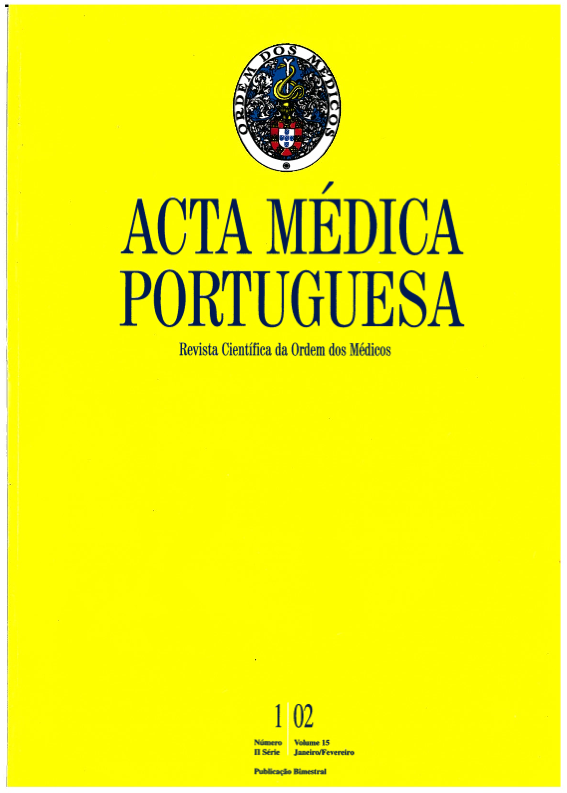Determination of carnitine levels in plasma: importance in the study of patients with neuromuscular diseases.
DOI:
https://doi.org/10.20344/amp.1913Abstract
L-carnitine plays a major role in the transport of the long chain fatty acids for the beta-oxidation in the mitochondria. The deficiency of the carnitine is associated by the deficit of the beta-oxidation of the long chain fatty acids and so a different syndromes. The purpose of this study was to determine the plasmatic concentrations of the carnitine and its metabolites in patients with neuromuscular pathologies within the group of mitochondrial myopathies by the comparison with a control group. The study comprised 11 healthy volunteers and 11 patients with neuromuscular mitochondrial diseases. The plasmatic concentrations of the free carnitine, total carnitine and the short and long chain acilcarnitine were determined by using the radio enzymatic method with Acetyl Co A 14C. The values were calculated by the standard curve in increased concentrations of the L-carnitine in aquous solution. RESULTS: The values were expressed as mean +/- S.D. The control group gave the following values: For free carnitine (32.6 +/- 4.95 microM), total carnitine (38.48 +/- 5.8 microM), short chain acylcarnitine (4.12 +/- 0.95 microM) and for long chain acylcarnitine (1.73 +/- 0.15 microM). The patients were divided in two groups according to their values: The 1st group gave the values within the control group: For free carnitine (31.44 +/- 3.72 microM), total carnitine (36.6 +/- 3.86 microM), short chain acylcarnitine (3.52 +/- 1.56 microM) and long chain acylcarnitine (1.68 +/- 0.08 microM). The 2nd group gave values bellow the control group: For free carnitine (16.8 +/- 6.3 microM), total carnitine (20.88 +/- 6.26 microM), short chain acylcarnitine (2.98 +/- 0.81 microM) and long chain acylcarnitine (0.92 +/- 0.41 microM) respectively. In conclusion, this method showed appropriate and accurate for the determinations of the carnitine and its metabolites in plasma, and must be useful for clinical support.Downloads
Downloads
How to Cite
Issue
Section
License
All the articles published in the AMP are open access and comply with the requirements of funding agencies or academic institutions. The AMP is governed by the terms of the Creative Commons ‘Attribution – Non-Commercial Use - (CC-BY-NC)’ license, regarding the use by third parties.
It is the author’s responsibility to obtain approval for the reproduction of figures, tables, etc. from other publications.
Upon acceptance of an article for publication, the authors will be asked to complete the ICMJE “Copyright Liability and Copyright Sharing Statement “(http://www.actamedicaportuguesa.com/info/AMP-NormasPublicacao.pdf) and the “Declaration of Potential Conflicts of Interest” (http:// www.icmje.org/conflicts-of-interest). An e-mail will be sent to the corresponding author to acknowledge receipt of the manuscript.
After publication, the authors are authorised to make their articles available in repositories of their institutions of origin, as long as they always mention where they were published and according to the Creative Commons license.









